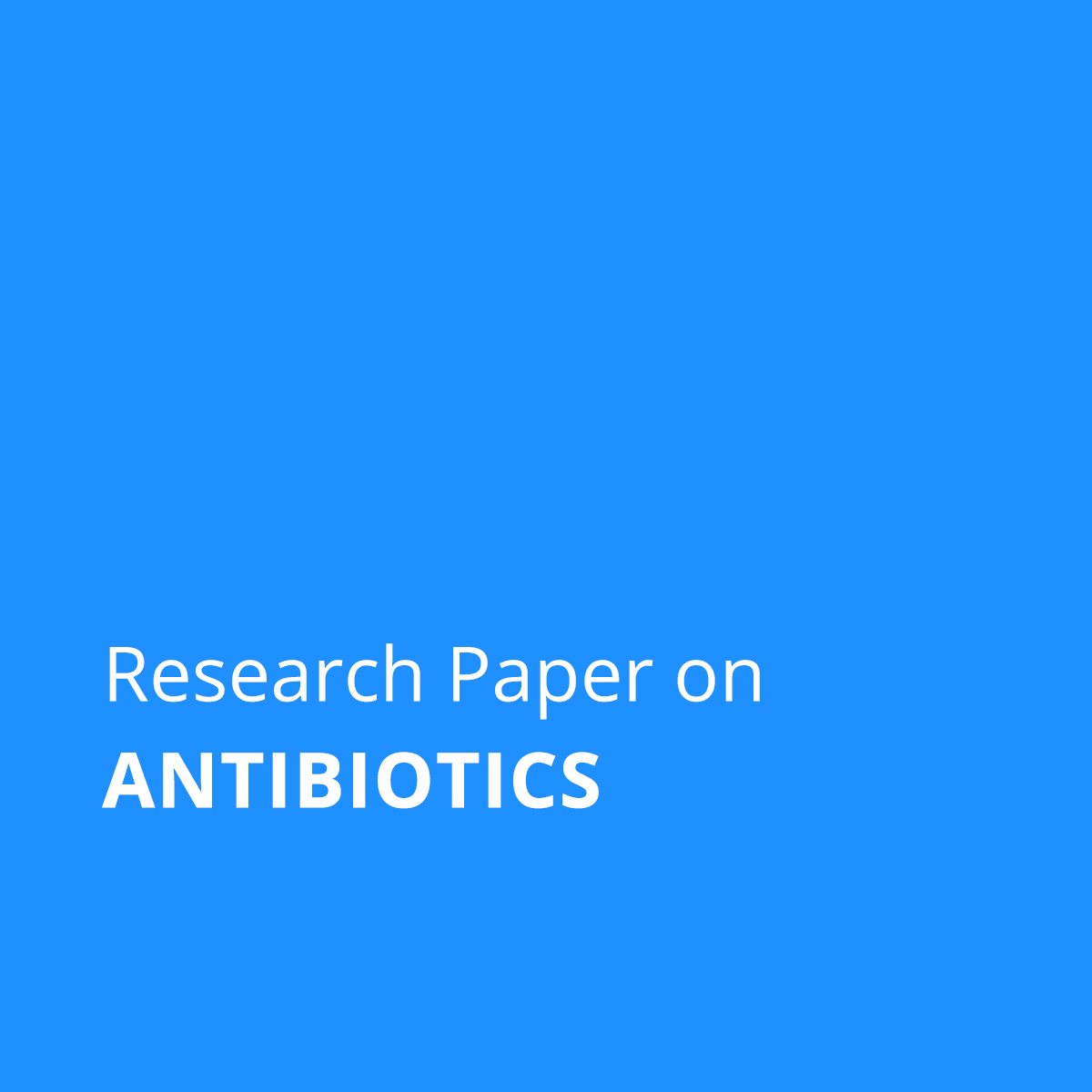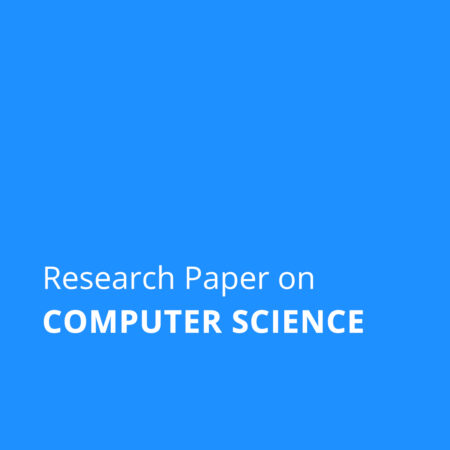Description
Title: The Role of Nanotitania Extract’s Antimicrobial Properties in Reducing Klebsiella Pneumonia and Haemophilus Influenza Growth
Abstract: An antimicrobial agent known as titanium dioxide (TiO2) is thought to have potential use in preventing the growth of numerous bacteria. Haemophilus influenza and Klebsiella pneumonia are two of the most prevalent pathogens that cause respiratory infections. Meningitis caused by Klebsiella pneumonia can be fatal, whereas Haemophilus influenza can be fatal, even in younger patients. Both are linked to mortality and bacteremia. This study’s goal was to test a novel antibacterial substance against K. pneumonia and H. influenza that was developed at Universiti Malaysia Sabah (UMS), nanotitania extract combined with 0.03% silver. The band-gap energy of the nanoparticles, which were created using a modified hydrothermal process, molten salt, and excellent crystallinity, is in the visible light spectrum. In order to test the nanoparticle extract, a macro-dilutional procedure was used, involving the synthesis of the nanoparticles with 0.03% silver solution and subsequent administration to the bacteria. Additionally, a positive control was made using bacteria but not the nanoparticle extract. Using the macro dilution technique, the sample concentrations of 25 mg/mL, 12.5 mg/mL, and 6.25 mg/mL were created. The bacteria were added to various concentrations of nanoparticle extract, and the suspensions were then incubated for 24 hours at 37°C. Following the suspensions’ application, the growth of the bacteria was seen after 24 hours on Mueller-Hinton agar (K. pneumonia) and chocolate blood agar (H. influenza). The ability of nanoparticle extract to inhibit H. influenza at all concentrations when combined with silver at 0.03% demonstrated the potential of this mixture as an antimicrobial agent. Additionally, it was demonstrated that it could stop K. pneumonia at 25 mg/mL and 50 mg/mL concentrations. In conclusion, the macro-dilutional method used to test the nanoparticle extract revealed that it possessed antimicrobial qualities that were effective against the development of both K. pneumonia and H. influenza.
Keywords: An antimicrobial agent known as titanium dioxide (TiO2) is thought to have potential use in preventing the growth of numerous bacteria. Haemophilus influenza and Klebsiella pneumonia are two of the most prevalent pathogens that cause respiratory infections. Meningitis caused by Klebsiella pneumonia can be fatal, whereas Haemophilus influenza can be fatal, even in younger patients. Both are linked to mortality and bacteremia. This study’s goal was to test a novel antibacterial substance against K. pneumonia and H. influenza that was developed at Universiti Malaysia Sabah (UMS), nanotitania extract combined with 0.03% silver. The band-gap energy of the nanoparticles, which were created using a modified hydrothermal process, molten salt, and excellent crystallinity, is in the visible light spectrum. In order to test the nanoparticle extract, a macro-dilutional procedure was used, involving the synthesis of the nanoparticles with 0.03% silver solution and subsequent administration to the bacteria. Additionally, a positive control was made using bacteria but not the nanoparticle extract. Using the macro dilution technique, the sample concentrations of 25 mg/mL, 12.5 mg/mL, and 6.25 mg/mL were created. The bacteria were added to various concentrations of nanoparticle extract, and the suspensions were then incubated for 24 hours at 37°C. Following the suspensions’ application, the growth of the bacteria was seen after 24 hours on Mueller-Hinton agar (K. pneumonia) and chocolate blood agar (H. influenza). The ability of nanoparticle extract to inhibit H. influenza at all concentrations when combined with silver at 0.03% demonstrated the potential of this mixture as an antimicrobial agent. Additionally, it was demonstrated that it could stop K. pneumonia at 25 mg/mL and 50 mg/mL concentrations. In conclusion, the macro-dilutional method used to test the nanoparticle extract revealed that it possessed antimicrobial qualities that were effective against the development of both K. pneumonia and H. influenza.
Paper Quality: SCOPUS / Web of Science Level Research Paper
Subject: Antibiotics
Writer Experience: 20+ Years
Plagiarism Report: Turnitin Plagiarism Report will be less than 10%
Restriction: Only one author may purchase a single paper. The paper will then indicate that it is out of stock.
What will I get after the purchase?
A turnitin plagiarism report of less than 10% in a pdf file and a full research paper in a word document.
In case you have any questions related to this research paper, please feel free to call/ WhatsApp on +919726999915


Reviews
There are no reviews yet.